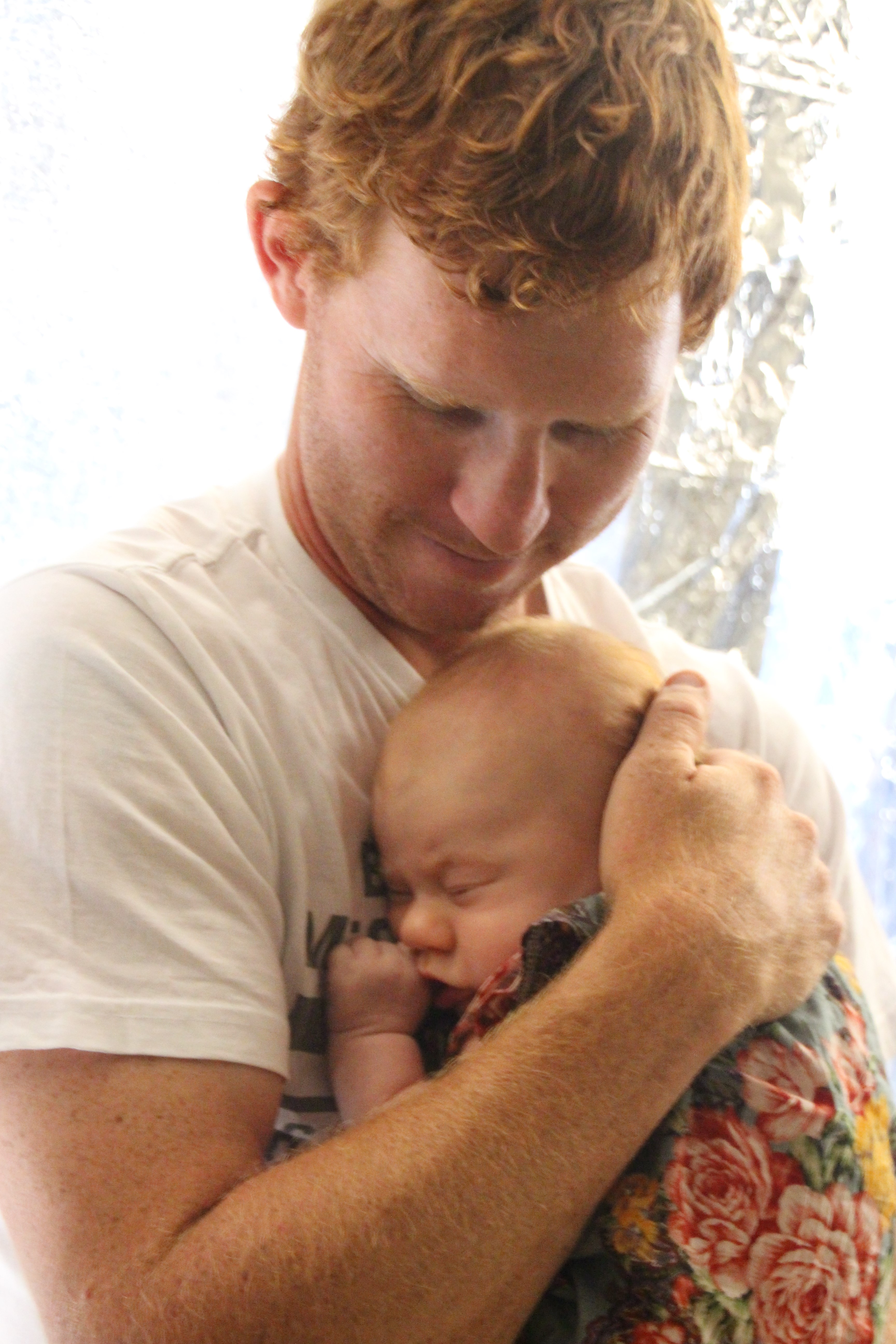Prenatal stress influences the stress response system of the baby. As early as the seventeenth week of gestation, the stress hormone cortisol has been found in measurable amounts in the amniotic fluid.

It has been associated with changes to the baby’s brain and immune system and with a range of psychological and medical problems in later life - notably depression, anxiety, and substance use (Avon Longitudinal Study of Parents and Children project 2005). However, the negative effects of prenatal stress can disappear entirely, if the mother provides sensitive care-giving and forms a secure bond with her baby after the birth.
Here are several things that you can do to relieve stress in pregnancy.
Keep yourself busy, but reduce commitments that put you under unnecessary pressure. For example, avoid rushing to appointments and sticking to strict timetables in order to complete jobs. Ask close family members to help with household chores.
Eat nutritional foods for your own health and well-being. Regular meals, adequate intake of protein and natural sources of omega 3 fatty acids from certain fish and vegetables can make a real difference. In general, mothers who are well nourished and in good health during pregnancy are less vulnerable to stress.
Drink plenty of fresh water. The recommended daily intake is about ten tall glasses of water. Hydration in pregnancy increases mood by as much as twenty-five percent
Get plenty of fresh air and sunlight. Fresh air can produce hormone and chemical reactions in the body and brain, which give rise to feelings of wellbeing and good health. Natural sunlight is also known for its effect on alertness, responsiveness and mood.
Eat dark chocolate. It stimulates the body to produce endorphins, which can make you feel more alert, and the production of serotonin, which produces feelings of well being.
Join an antenatal class. Evidence shows that sharing anxieties, frustrations, and feelings about the pregnancy and the birth with others is one of the best cures for stress.
Massage and yoga can help to relieve stress.
Regular exercise such as walking and swimming can boost mood and wellbeing.
Getting out and about, going out for a meal or show and having fun with family and friends, can also be effective in reducing stress. Staying indoors for long periods of time increases tension and frustration.
Take folic acid supplements for your own health and for the health of your unborn baby. The current recommendation is 0.4 mg daily. Iron supplements may also be necessary. Iron deficiency leads to small red blood cells that contain less haemoglobin. Symptoms include lethargy and stress. Check with your healthcare professional first and before taking any additional supplements.
Get a good night’s sleep. Lack of sleep increases production of the stress hormone cortisol, which in turn increases stress.
Make time to put your feet up. Put on a piece of relaxing music or read a book to your unborn baby. Both will help to calm you and your baby.